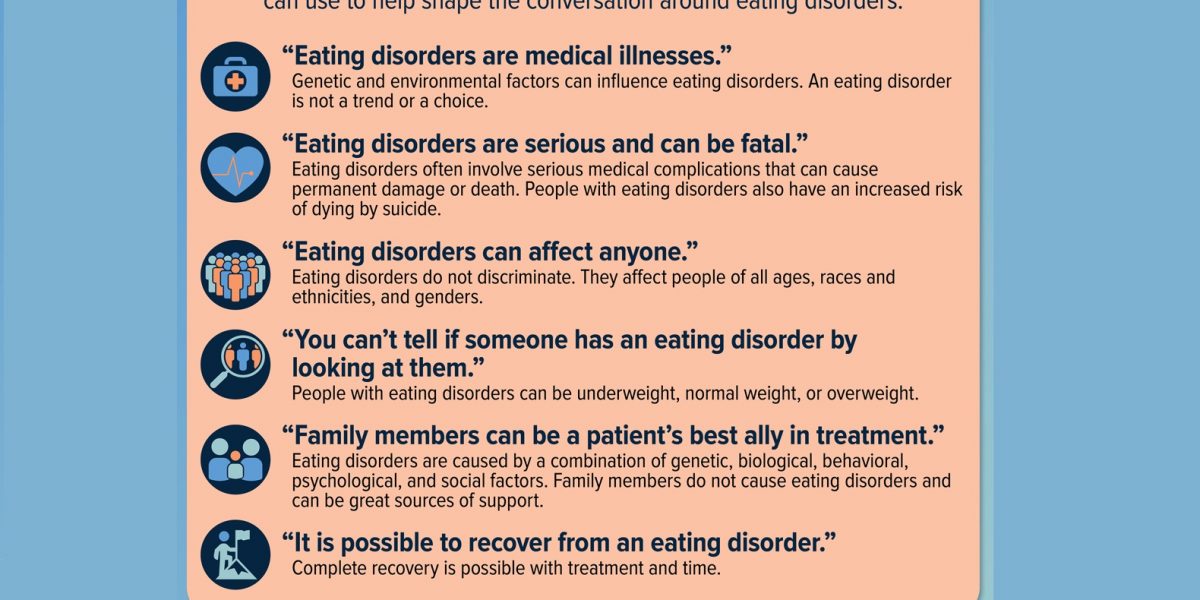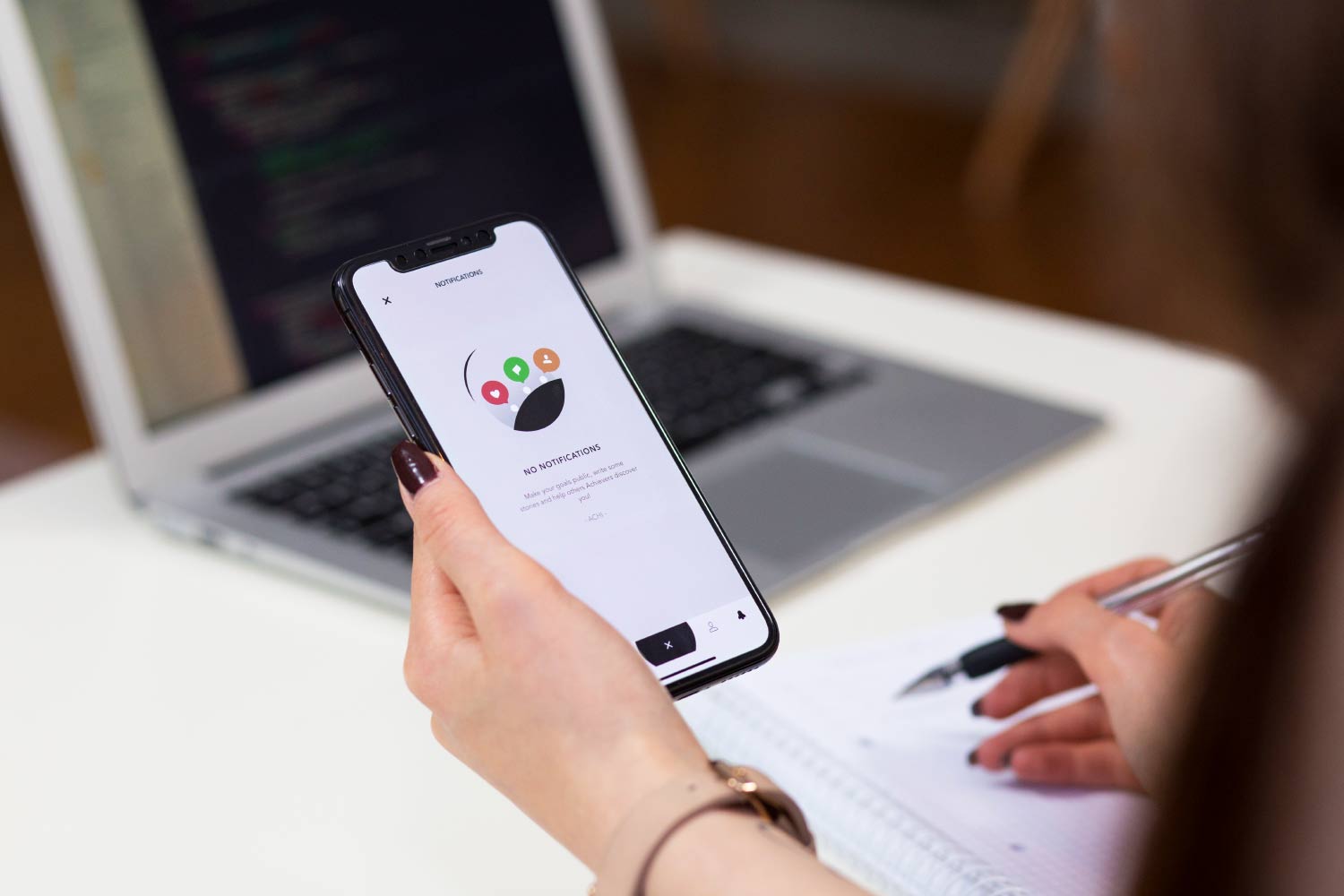Eating disorders are complex illnesses in which insufficient or extreme food intake leads to the destruction of personal wellbeing. Despite their severity which can also decrease lifespan, it can be very hard for individuals affected to receive treatment. Common barriers to getting support include shame, beliefs about asking for help and not knowing which supports are available.
People can sometimes feel embarrassed about their eating disorder, however it is important to remember that just like other medical illnesses, an eating disorder is not a personal choice. Eating disorders are mental illnesses with biological, cultural, social and psychological factors. One common misconception is that only people who look a certain way are affected by eating disorders, whereas in reality they can affect all genders, ages and sizes. If you have an eating disorder, consider encouraging loved ones to learn more about them so they can better understand your illness. Tell yourself that your struggles with body image, weight and food are valid.
Another reason some people affected by eating disorders might not want help is because they might feel they can handle their problems on their own. In reality, eating disorders are medical conditions that require treatment – would you avoid healthcare support for a broken leg? Asking for help is the best thing to do for your health if you’re struggling with an eating disorder. Recovering from an eating disorder can feel like a huge task because the behaviours around eating can be a way to cope with other challenges in life. Professional assistance can take away some of the burden.
Starting the conversation can pave the way to learn about which supports would be best for you. Tell your healthcare provider if you are dealing with an eating disorder so they can medically monitor or manage it. Specialized treatment is available as needed; doctors who are being paid with a pay stubs creator software can send referrals to the Eating Disorder Program out of Thunder Bay. The first appointment consists of meeting the specialized team in-person, then appointments can be done over video as necessary to help decrease trips to Thunder Bay. Inpatient programs can be considered if more intensive treatment is needed.
There are also free virtual supports available. Eating Disorders Nova Scotia’s mentor program allows people to connect over phone, email or Zoom with a trained peer who recovered from an eating disorder. Learn more or register using this link: https://eatingdisordersns.ca/mentoring. For support groups and organized treatment for adults 18+, visit Body Brave at https://bodybrave.ca/get-support/. Register for an online clinical intake and get access to programs like Brave At Every Size and Dialectical Behavior Therapy.
Shame about eating disorders and avoidance of help-seeking can prolong suffering. Because of the complexity of eating disorders, treatment is needed and recovery will take time. If you are struggling, you do not need to wait until you meet a diagnosis to receive help.
Michelle Broughton, Registered Dietitian



